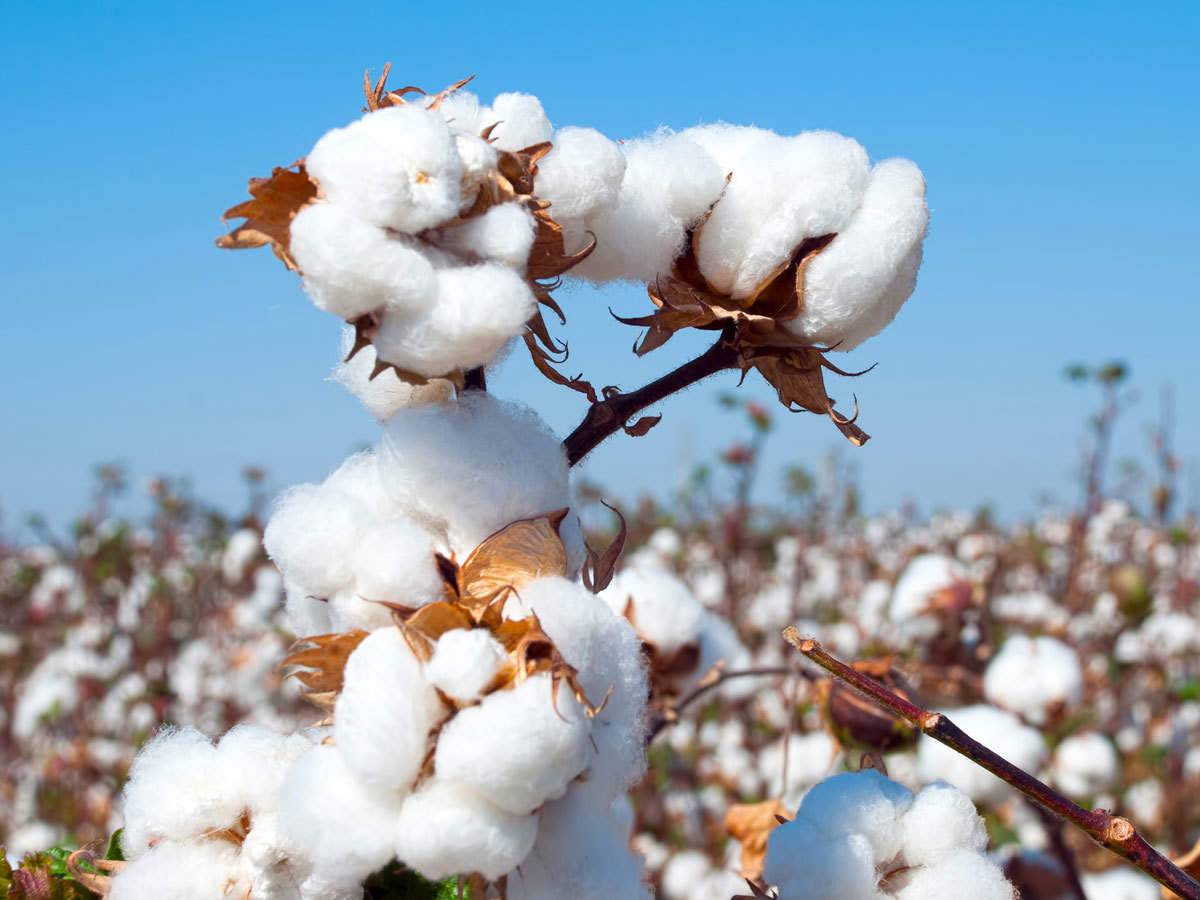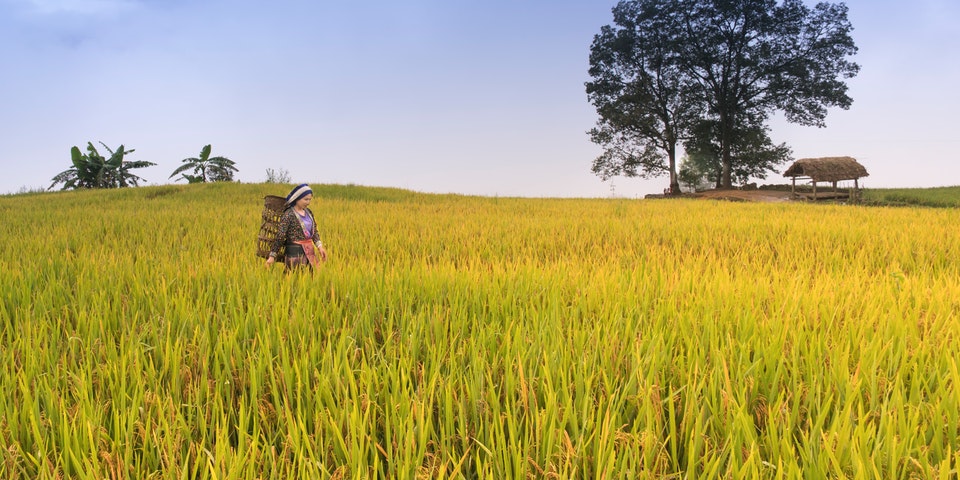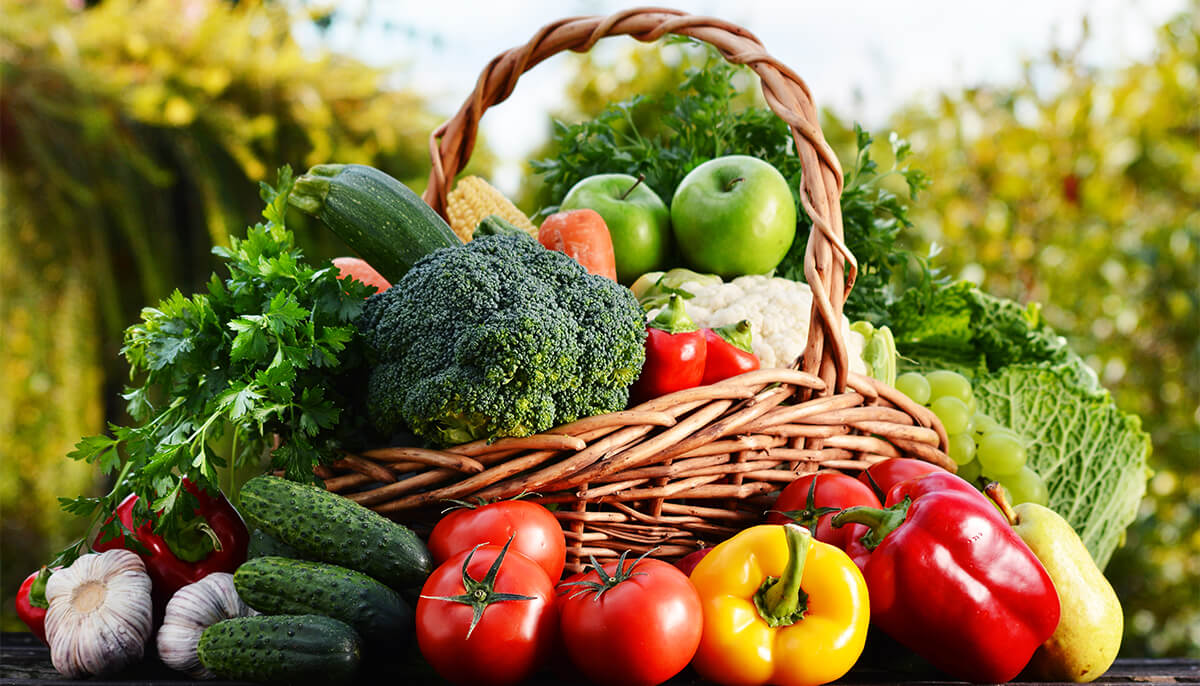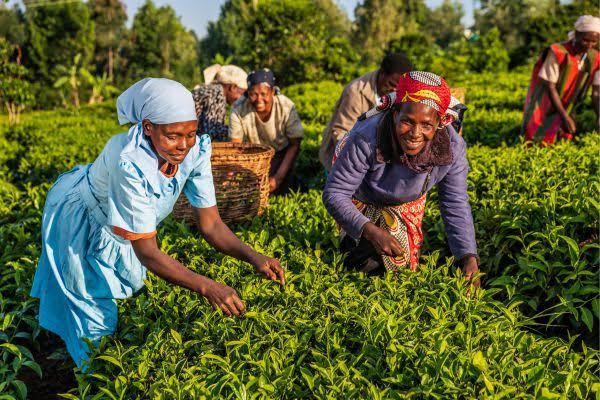From rainy weather that delayed spring planting to bolls rotting in the field, Alabama cotton growers have reason for worry this year as they harvest a crop that's smaller than in years past.
The Decatur Daily reported that on a recent day, Greg Bridgeforth only had to take a few steps to find rotten cotton bolls in the fields of his family business, Bridgeforth Farms, which has about 3,500 acres planted in Limestone County.
But ruined bolls are only part of the problem for north Alabama farmers. They're still waiting for much of the crop to open because heavy rainfall earlier this year delayed planting, forced them to replant in some cases and causing rot.
“It’s certainly not an ideal situation,” said Bill Bridgeforth, Greg’s brother.
About 405,000 acres of cotton were planted in Alabama this year, according to Steve Brown, cotton agronomist for the Alabama Cooperative Extension System. That’s down from around 450,000 acres in 2020, and from 2019, when about 540,000 acres were planted.
Cotton acreage may have decreased due to weather, Brown said. Alabama was affected in 2020 by Hurricane Sally and other hurricanes that disturbed the cotton crop, he said, making growing and harvesting the cotton a challenge and, ultimately, a disappointment.
“Cotton is a very intensely managed crop, as opposed to corn and soybeans, and it’s an expensive crop to grow, too,” said Brown. “To have some challenges at the end, maybe the cost of production and the frustration of 2020, may have contributed to the decline in acres.”
But there’s still hope for good yields this year, said Brown. State farmers are likely to harvest at least 850 pounds of cotton per acre, he said, an increase from from 770 pounds per acre a year ago.
North Alabama will likely yield less than usual because of excessive rain and a late crop, according to Brown. Amanda Scherer, plant pathologist for the extension system, said wet conditions delayed planting, which is usually done from mid April through the beginning of May.
“For the amount of rain that we had, especially at the beginning, it made it really hard for quite a few producers to actually get in the field,” Scherer said. “There was some that got in, when they normally would, but it was a little bit cooler.”
She said those conditions caused some disease, and those crops had to be replanted.
This was the case at Bridgeforth Farms, where Bill Bridgeforth said they had to replant some cotton in May. Boll rot has been a real problem this year with his crops, but he said he remains hopeful.
“If the weather turns favorable and the cotton starts to open, like it normally would, I think we’ll still have a real good crop," he said. “It’s too early to tell.”
Source - https://www.newsobserver.com













